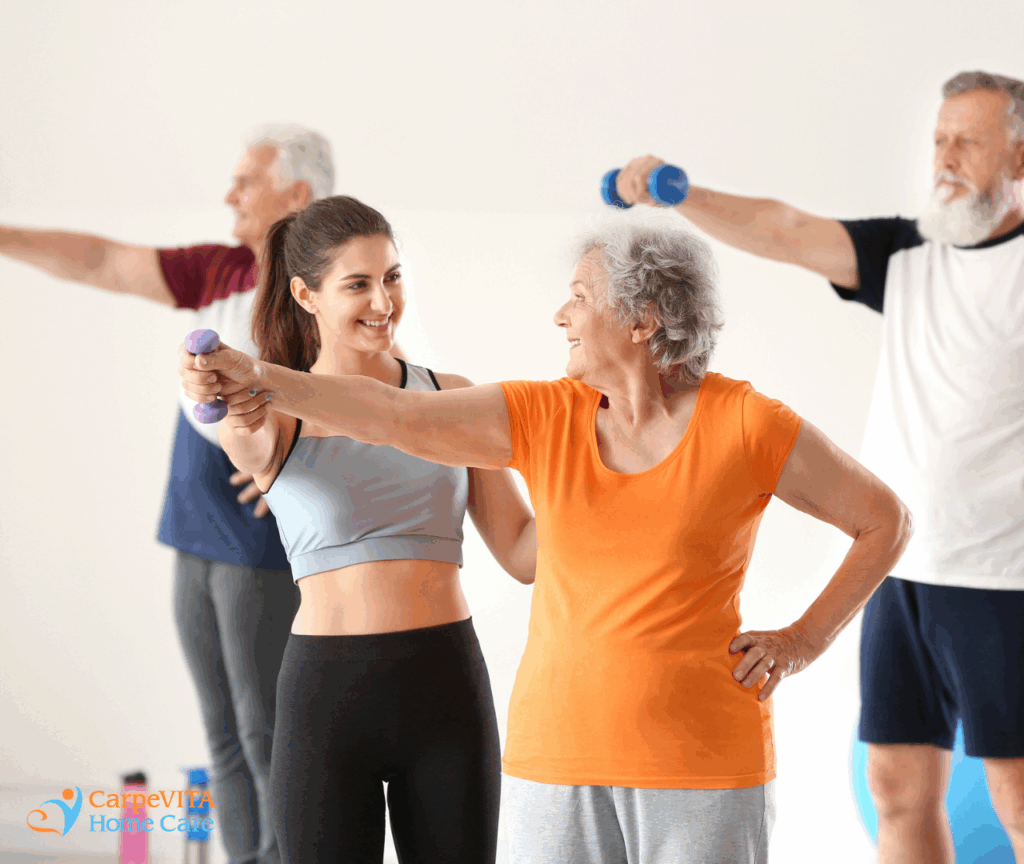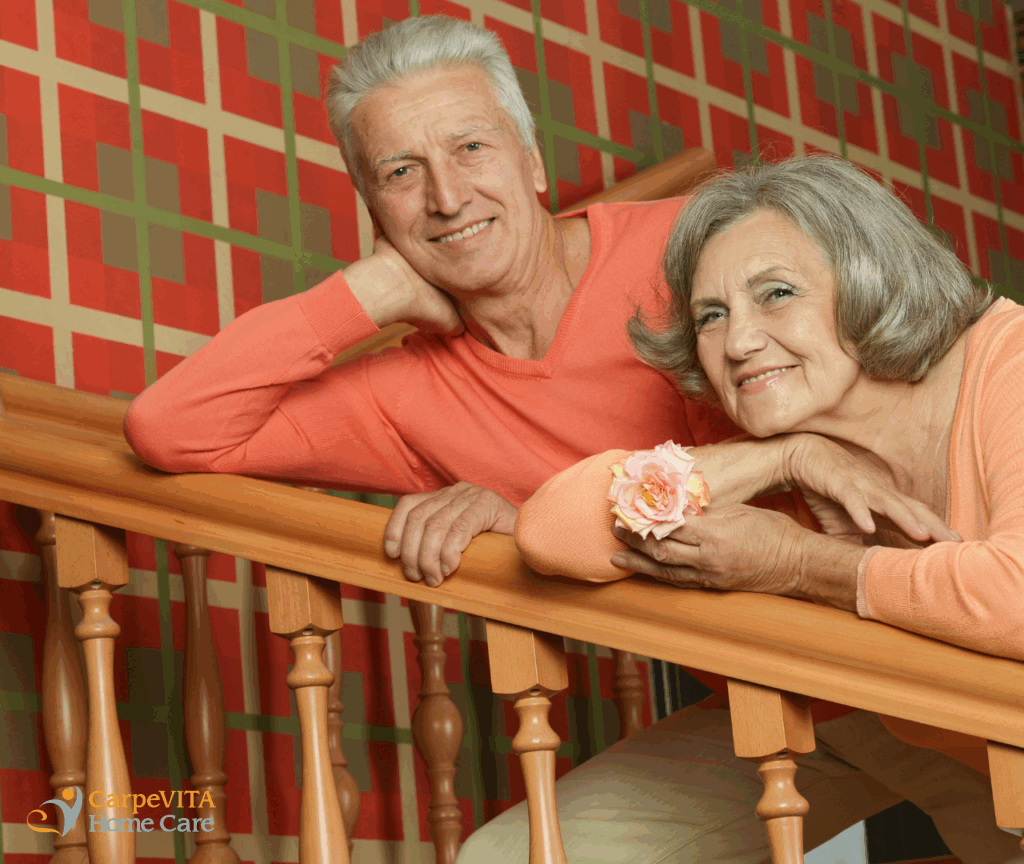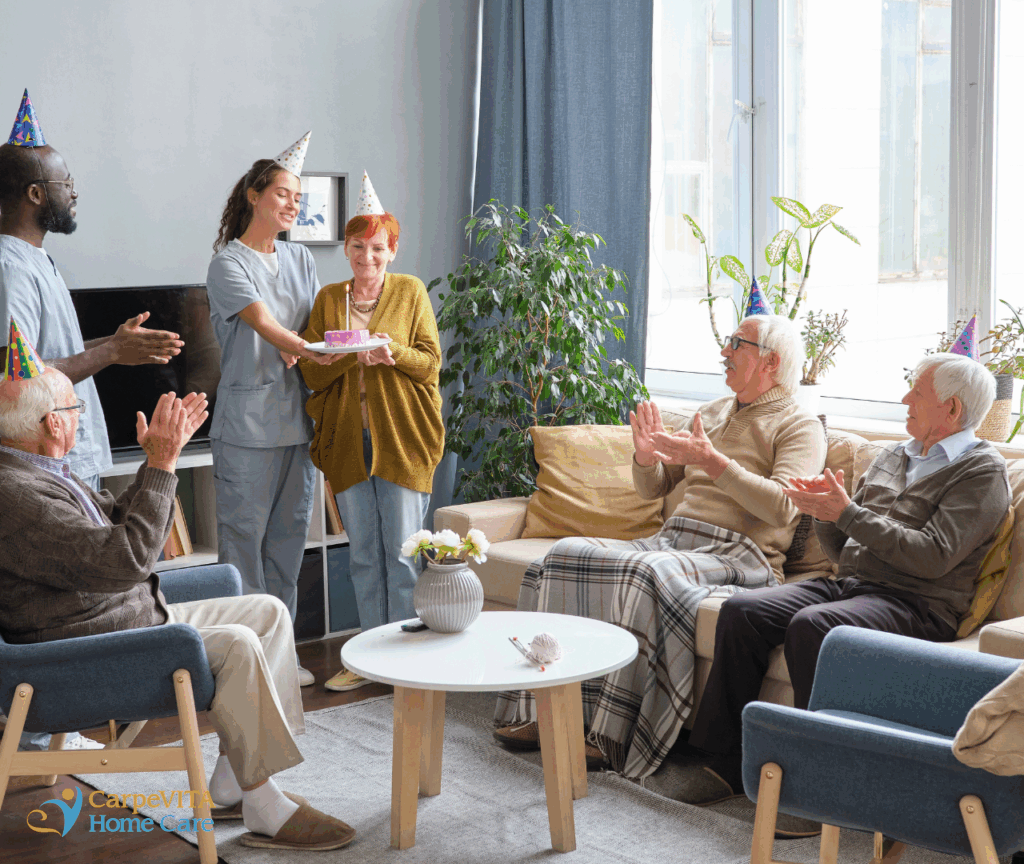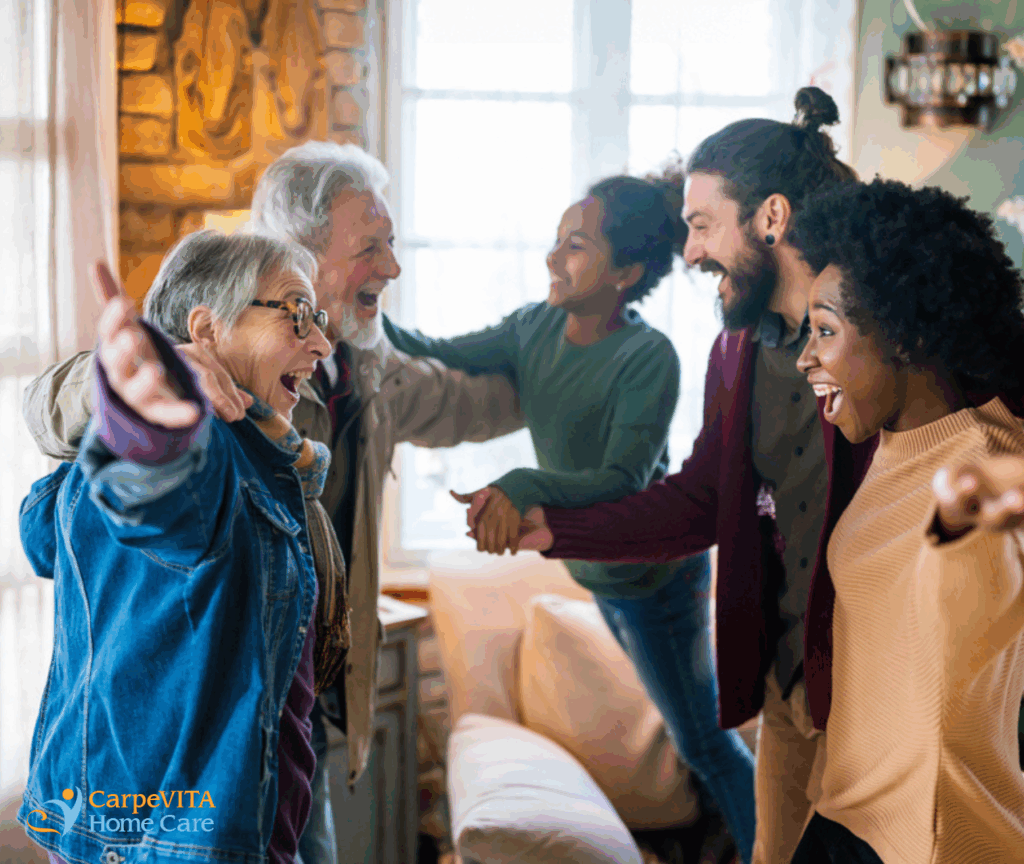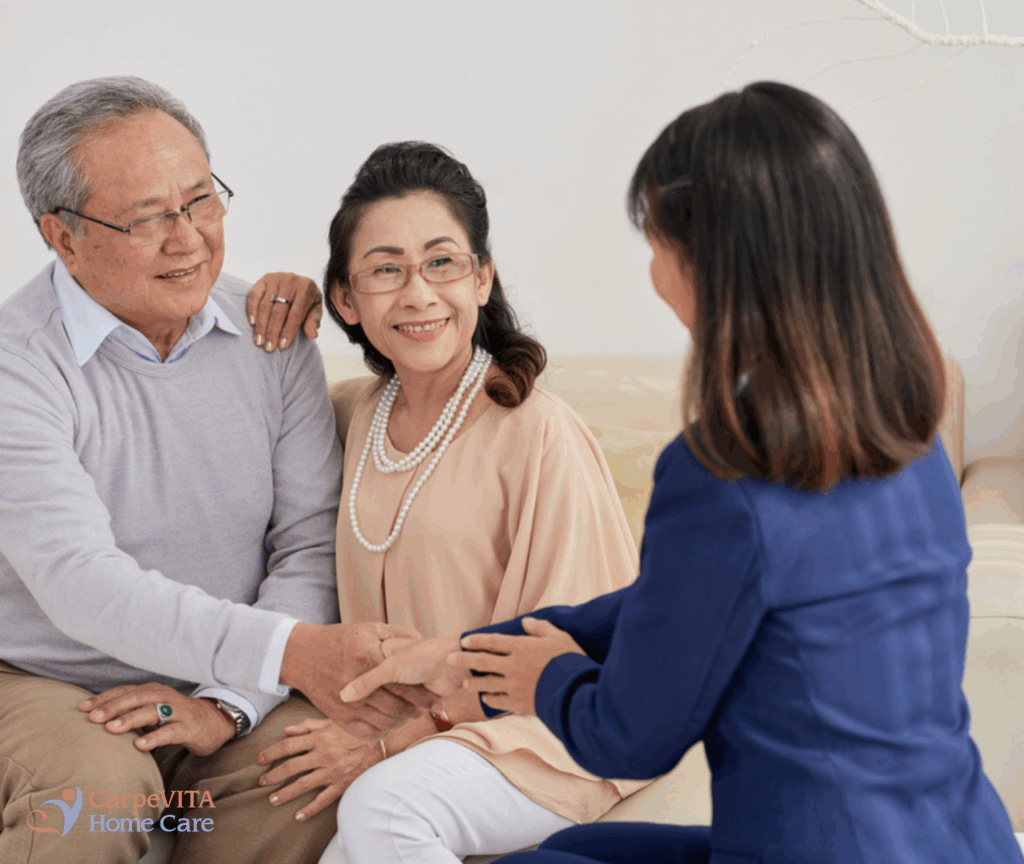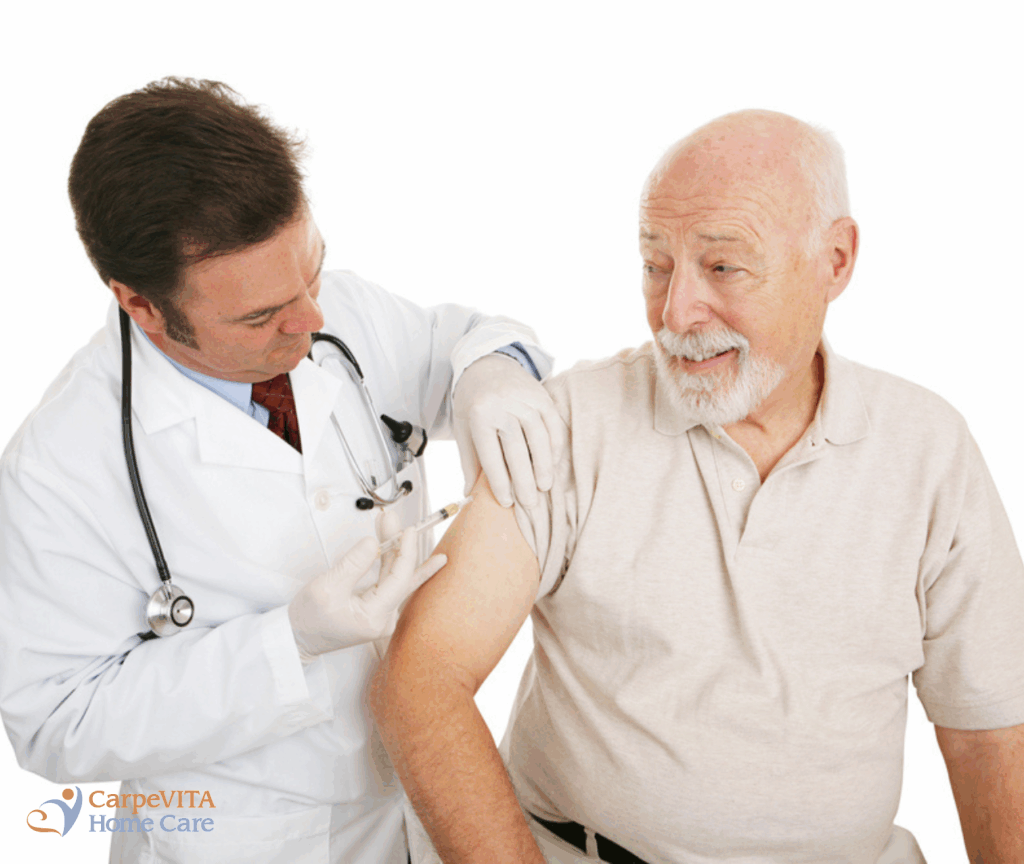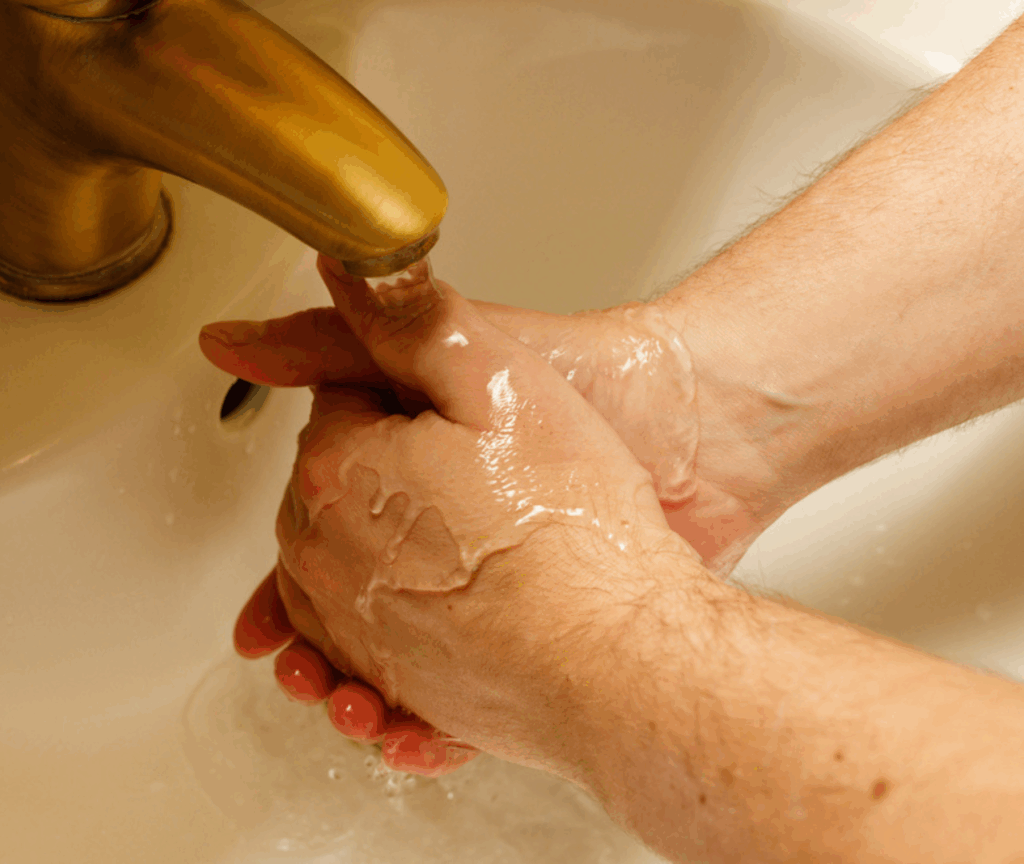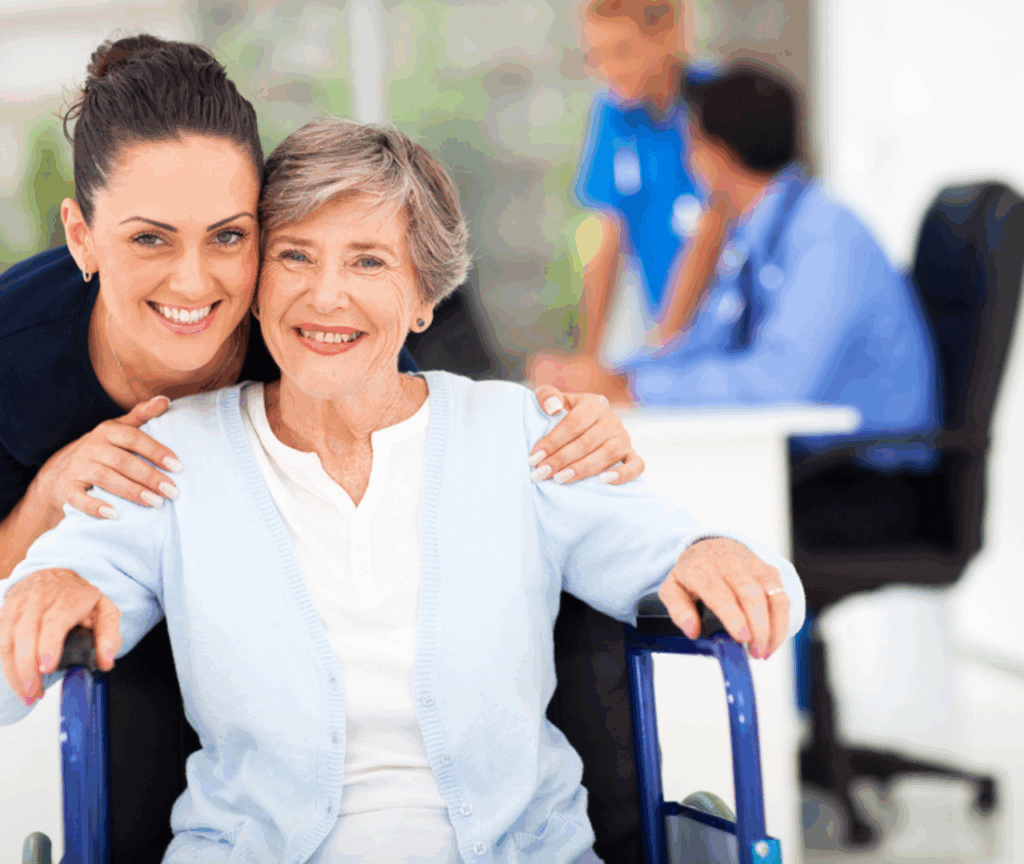How Healthy Weight Week Is Helping Seniors Reclaim Strength, Confidence, and Real Wellness in 2026
Healthy Weight Week arrives every January, and for years it has focused on breaking myths around dieting, body image, and what it truly means to maintain a healthy lifestyle. But in 2026, this awareness week has taken on a new and powerful role within senior care. It challenges the outdated beliefs many older adults have…
Read more

